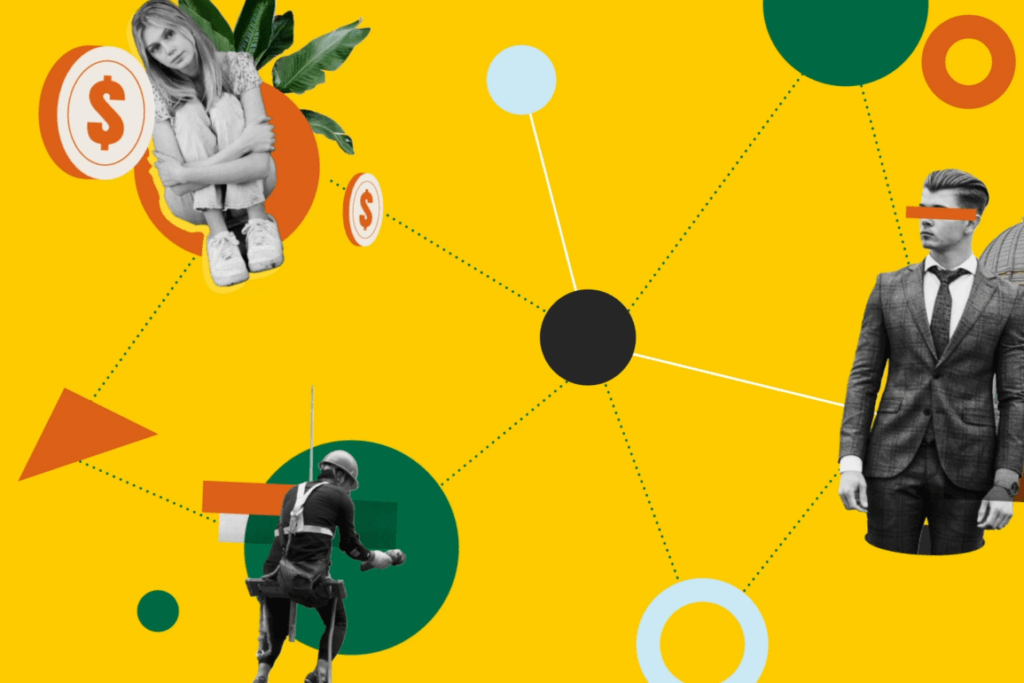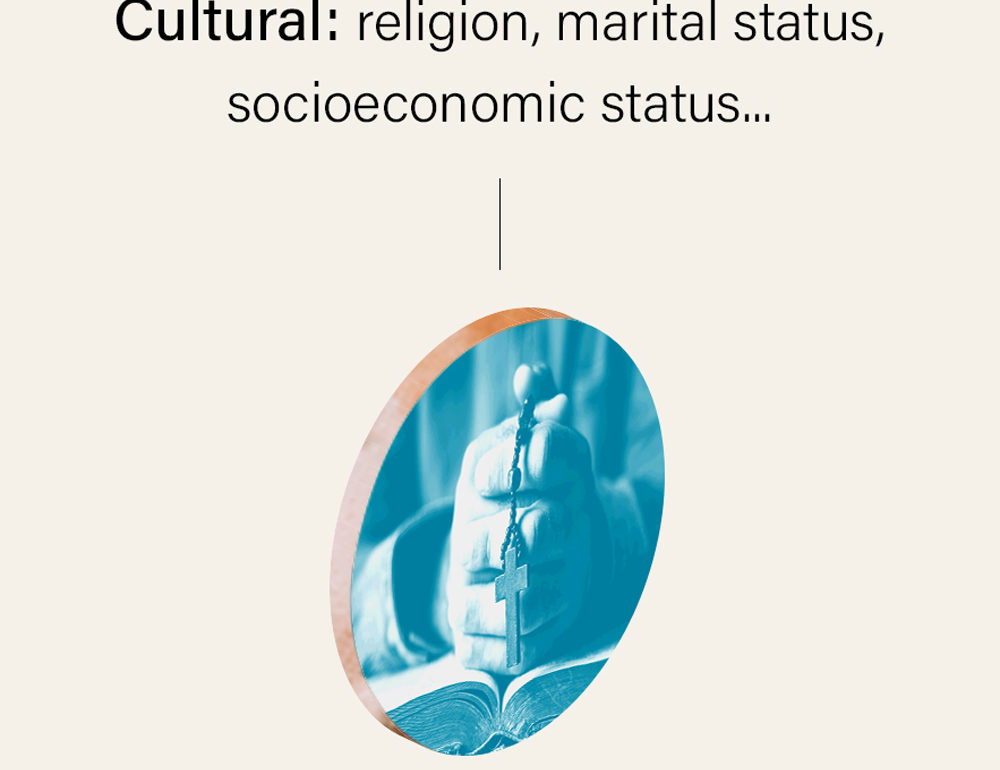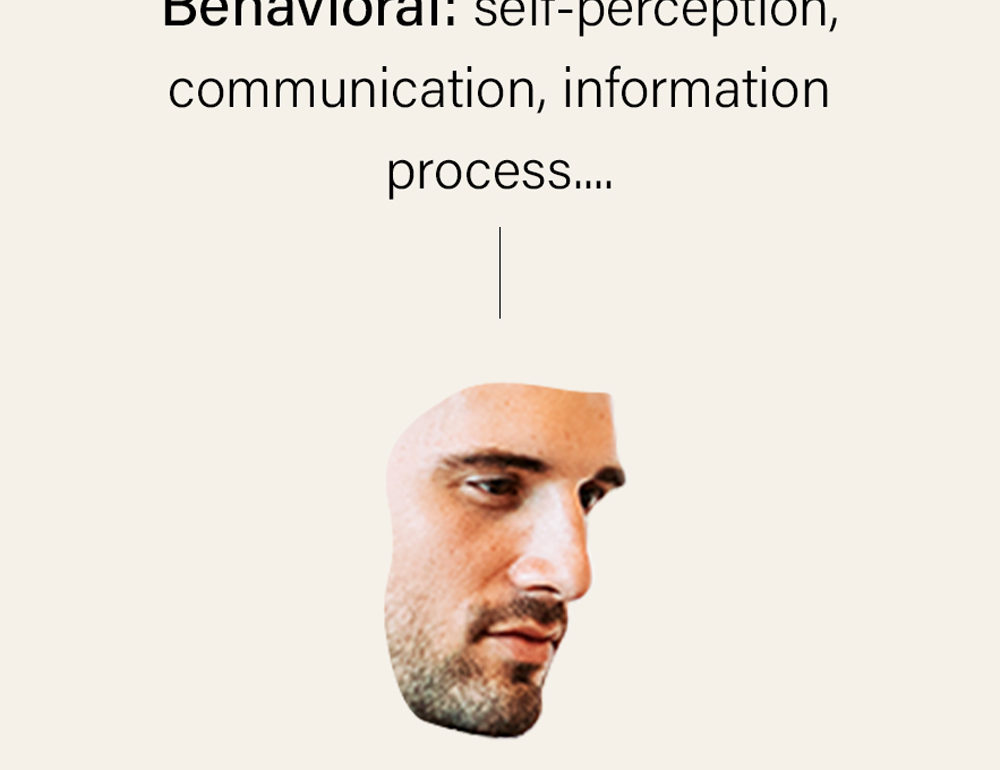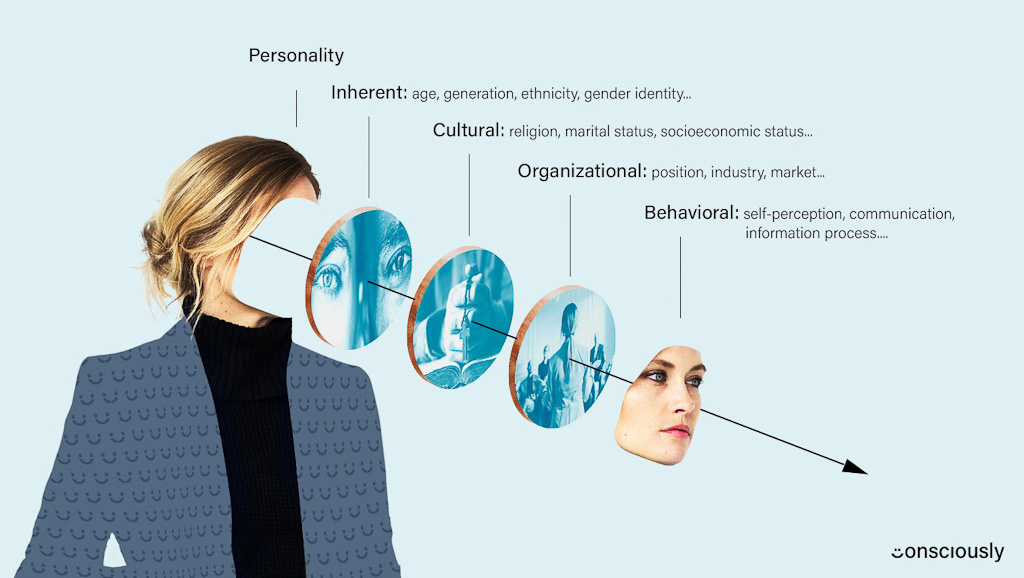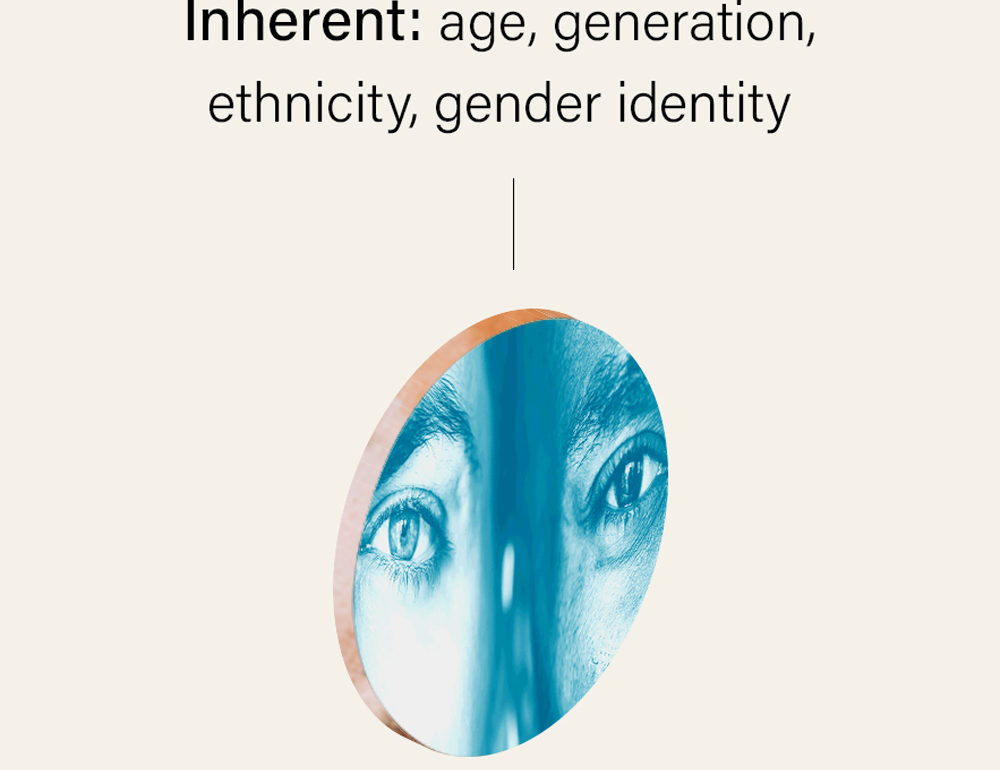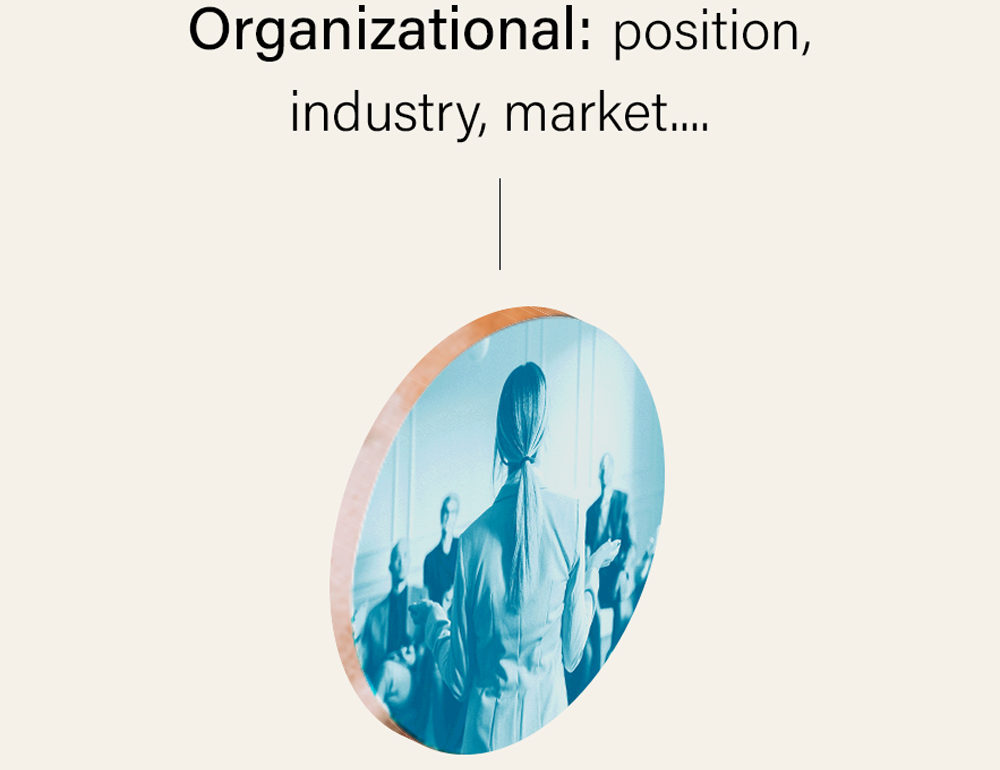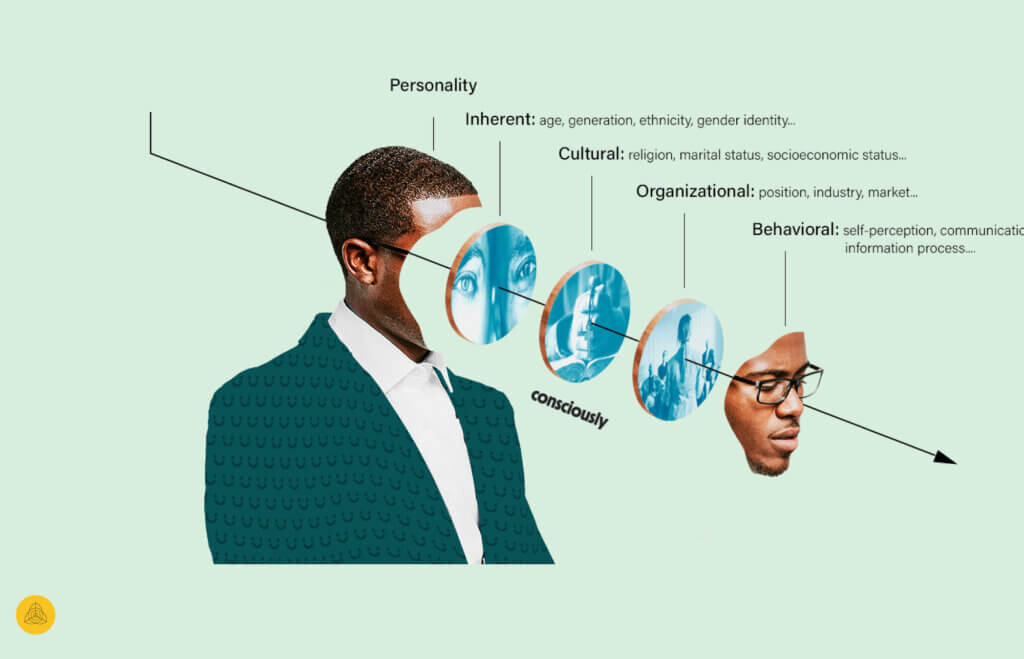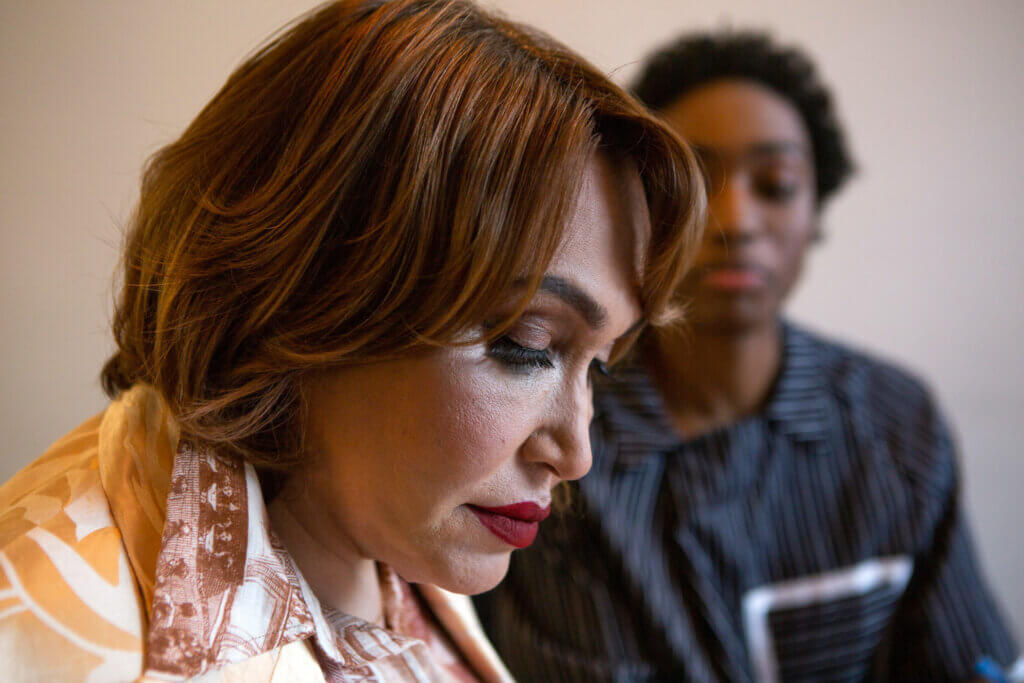Personality Unconscious Bias
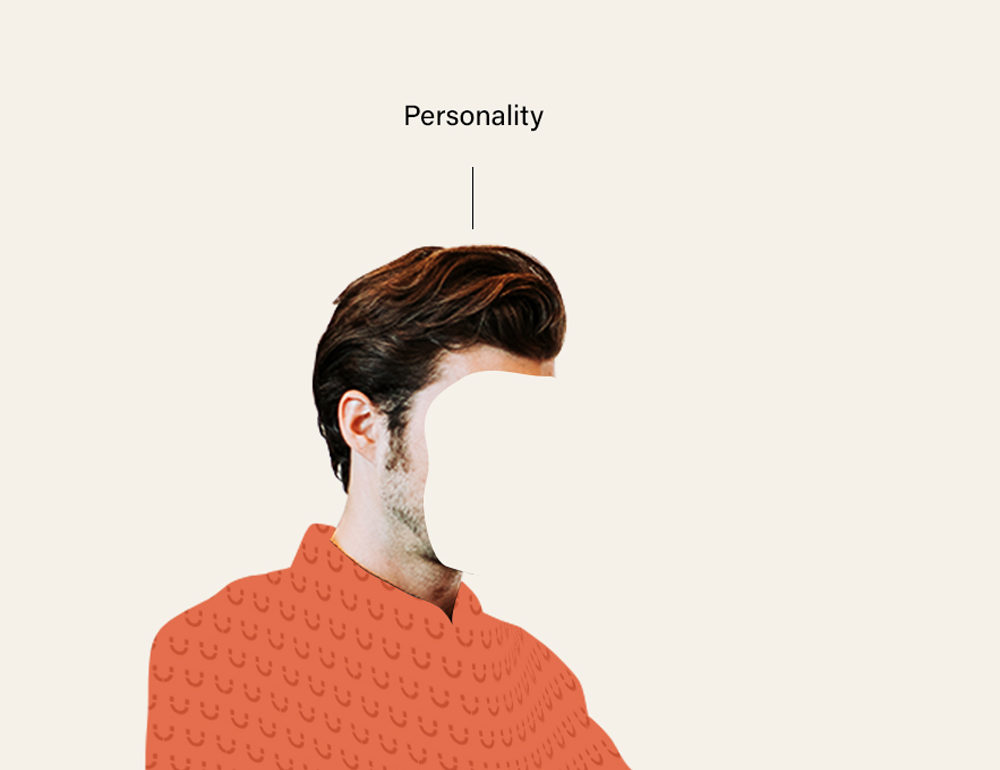
Some blind spots can be a natural result of your personality. Maybe you’re so extroverted that you pity someone spending a quiet night at home, even when they’re perfectly content to do so.
One theory, the Process Communication Model (PCM), describes six personality types. Although everyone has aspects of all six, the model holds that some of these traits are more dominant than others in each person. Author and PCM trainer Nate Regier says that each base personality type comes with its own unconscious bias. That means that while we’re each susceptible to these personality blind spots, some may resonate with you more than others.
- The Promoter values action, adaptability, and self-sufficiency.
- Unconscious bias: They may look down on those who avoid risk, don’t take action, and struggle to adapt to new situations. They may see others as weak.
- The Thinker views the world through data and information.
- Unconscious bias: They prefer people who are analytical and organized. The thinker may look down on those who rely on instinct or guesswork, or people who are often late. They might think others can’t think clearly.
- The Rebel loves creativity and excitement.
- Unconscious bias: They favor those who are spontaneous and playful. They may be biased toward those who enjoy established routines or see others as boring.
- The Harmonizer prizes relationships and compassion; they are nurturers.
- Unconscious bias: They like people who are compassionate, sensitive, and warm. They may not understand people who aren’t emotional, or they feel others don’t care.
- The Persister sees through the lens of opinion and prizes commitment to values.
- Unconscious bias: They favor people who are dedicated and conscientious. They may look down on those who easily change their minds and may feel others aren’t committed.
- The Imaginer prizes privacy and likes to reflect on the possibilities.
- Unconscious bias: They appreciate those who provide a chance to reflect, and may look down on those who are talkative and surround themselves with others at all times. They may feel others just aren’t aware of what’s really going on under the surface and see them as shallow.
Do you feel you’re stronger in some of these personality traits than others? How might that affect your biases toward others?
